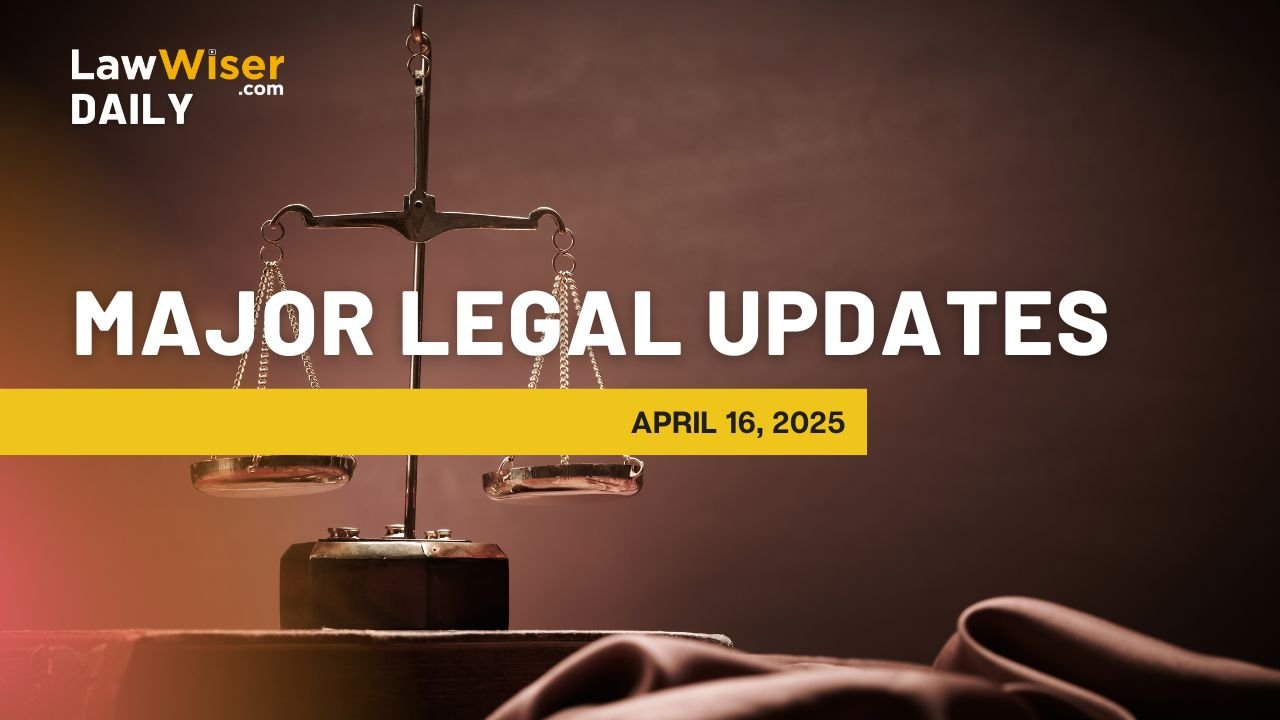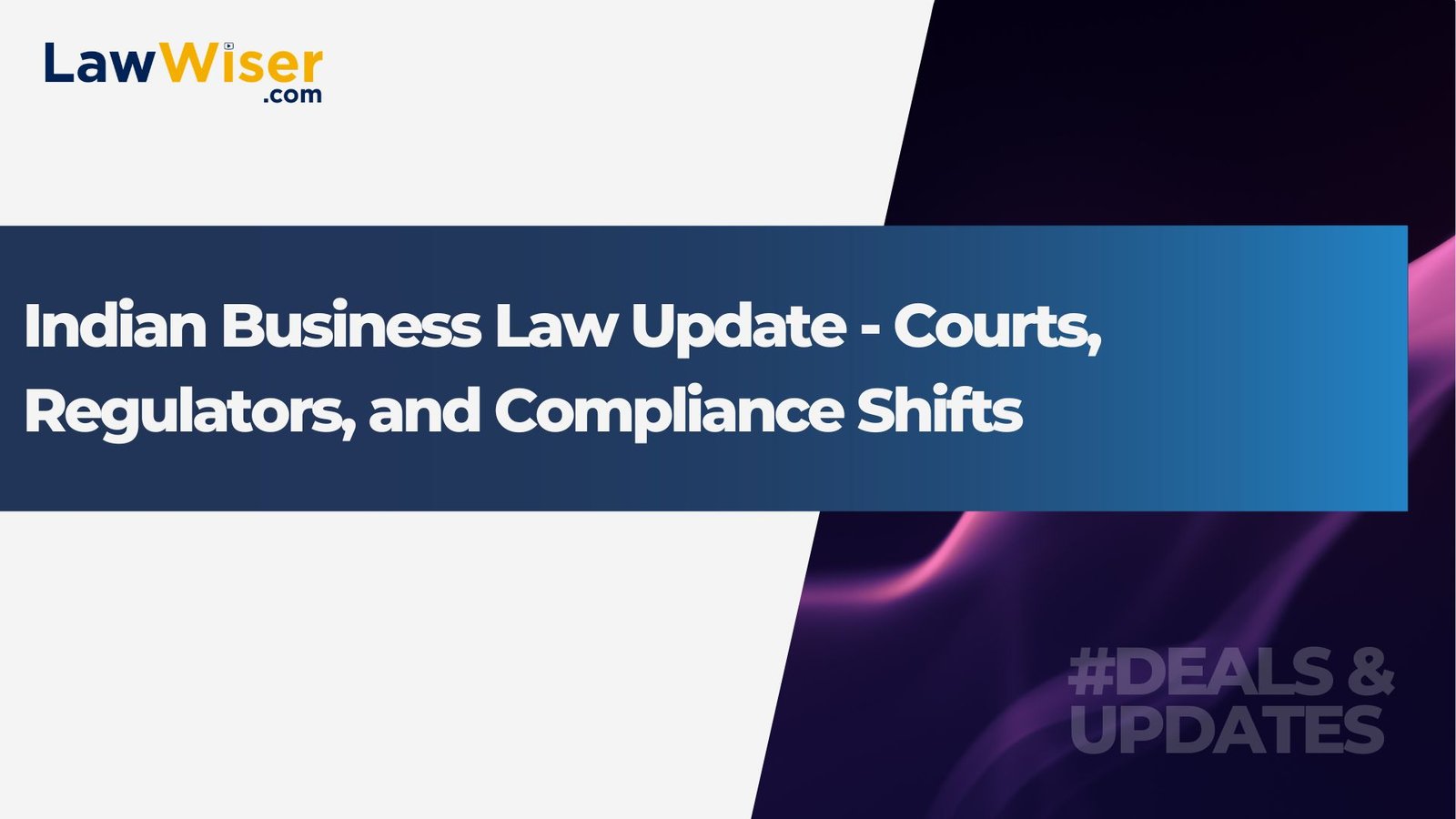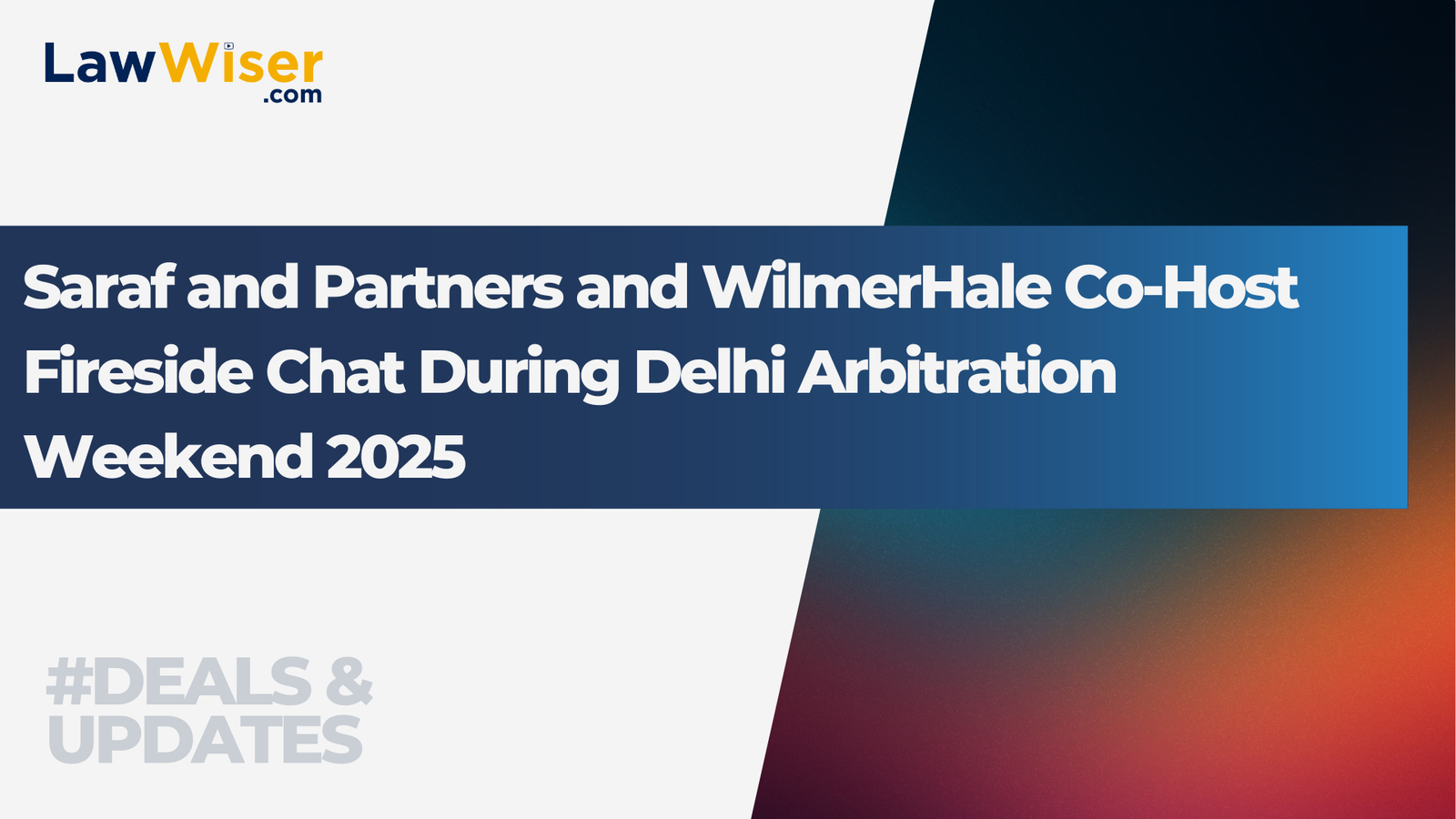Delhi High Court Criticises Lakme Ad Targeting Derma Co Sunscreen: “Disparaging on the Face of It
The Delhi High Court on Wednesday expressed concern over a Lakme advertisement allegedly disparaging Derma Co’s sunscreen, calling it “disparaging on the face of it.”
The dispute arose after Honasa Consumer, the parent company of Derma Co, filed a case against Hindustan Unilever Limited (HUL) over a Lakme ad campaign that suggests an unnamed “online bestseller” sunscreen falsely claims SPF 50 protection but only delivers SPF 20, potentially leading to skin pigmentation.
Justice Amit Bansal, while hearing the matter, remarked, “This advertisement on the face of it is disparaging. What I am conveying to you should be conveyed to your client.”
Honasa’s counsel, Senior Advocate Amit Sibal, argued that the ad is a misleading attack on Derma Co’s market-leading sunscreen product, which has undergone in-vivo testing and received an SPF certification of 50.169. He told the court that Derma Co launched its sunscreen in 2021, and it has since remained the top Amazon bestseller in its category, with a 30% market share and ₹300–400 crore in category turnover.
Sibal contended the campaign damages Derma Co’s credibility and was designed as a “hit and run” attempt by HUL to dent its standing using vague, unverified claims. “They are alleging that if someone uses my product, there will be pigmentation… They cannot do this without proof,” he said.
The ad in question, launched April 12, features a “SPF Lie Detector Test” and shows packaging closely resembling Derma Co’s, raising concerns of targeted misrepresentation. Phrases like “Says SPF 50 but gives SPF 20” and “SPF 50, Truth 100” appear in the ad, prompting Honasa to argue that the campaign undermines its brand identity and confuses consumers.
HUL, meanwhile, told the court it has also filed a suit against Honasa and is likely to argue that its campaign falls within the permissible scope of comparative advertising.
The rivalry has spilled onto social media, with Honasa co-founder Ghazal Alagh initially posting — and later deleting — comments accusing HUL of copying and “backbiting.” Honasa also responded to the Lakme campaign with a counter-billboard stating, “Hey Lakmé, congratulations on finally getting SPF 50 in-vivo tested. Welcome to The Derma Co. standard.”
Honasa maintains that the Lakme ad is not fair comparison but calculated disparagement relying on unverifiable data.
Supreme Court Declines Plea for Cryptocurrency Regulation, Says It’s a Policy Matter
The Supreme Court on Wednesday refused to entertain a plea seeking the creation of a regulatory framework for cryptocurrencies, stating that such decisions lie within the purview of the legislature and the executive—not the judiciary.
A bench comprising Justices B R Gavai and Augustine George Masih heard the petition, which called for directions to the Central government and other authorities to frame rules governing the cryptocurrency sector.
“This is in the domain of policymakers. How can we issue such a direction? We can’t lay down the law,” Justice Gavai said during the hearing.
The petitioners argued that the lack of a regulatory regime had led to numerous complaints and legal inconsistencies across the country. They cited difficulties in dealing with cryptocurrency fraud cases, noting that police authorities were often unclear on how to proceed due to the absence of clear legal standards.
In response, the Court reiterated that creating a legal or regulatory framework was the responsibility of the legislature and executive branches. “The prayers made in the petition are within the domain of the legislature and the executive. In that view of the matter, we are not inclined to entertain the petition,” the bench said.
However, the Court left the door open for further action, noting that the petitioners were free to make a formal representation to the Indian government to raise their concerns..
Cryptocurrencies, which operate on decentralized blockchain networks, are not currently regulated in India. While the Reserve Bank of India has warned against their use in the past, the government has yet to pass any specific law governing their status, leading to confusion and piecemeal enforcement.



 April 16, 2025
April 16, 2025






 February 4, 2026
February 4, 2026 0 COMMENTS
0 COMMENTS



